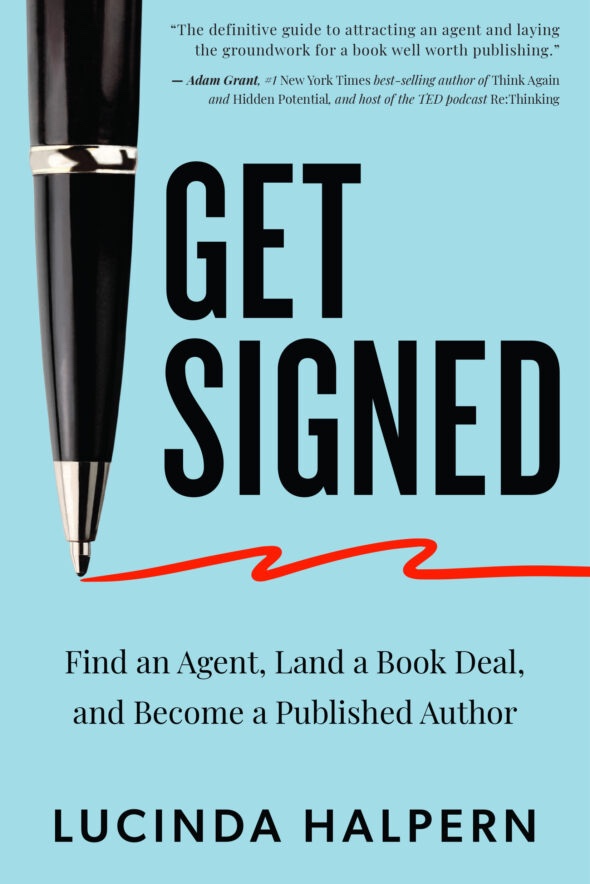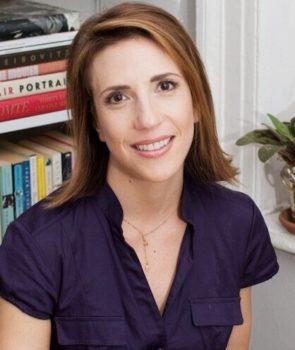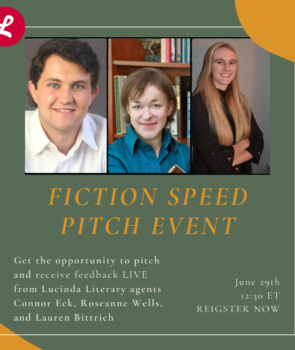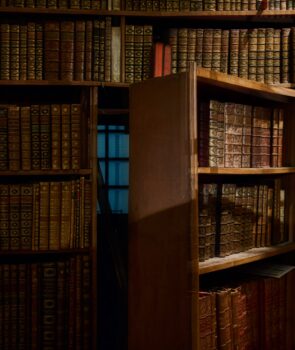Search
Selling Your Novel
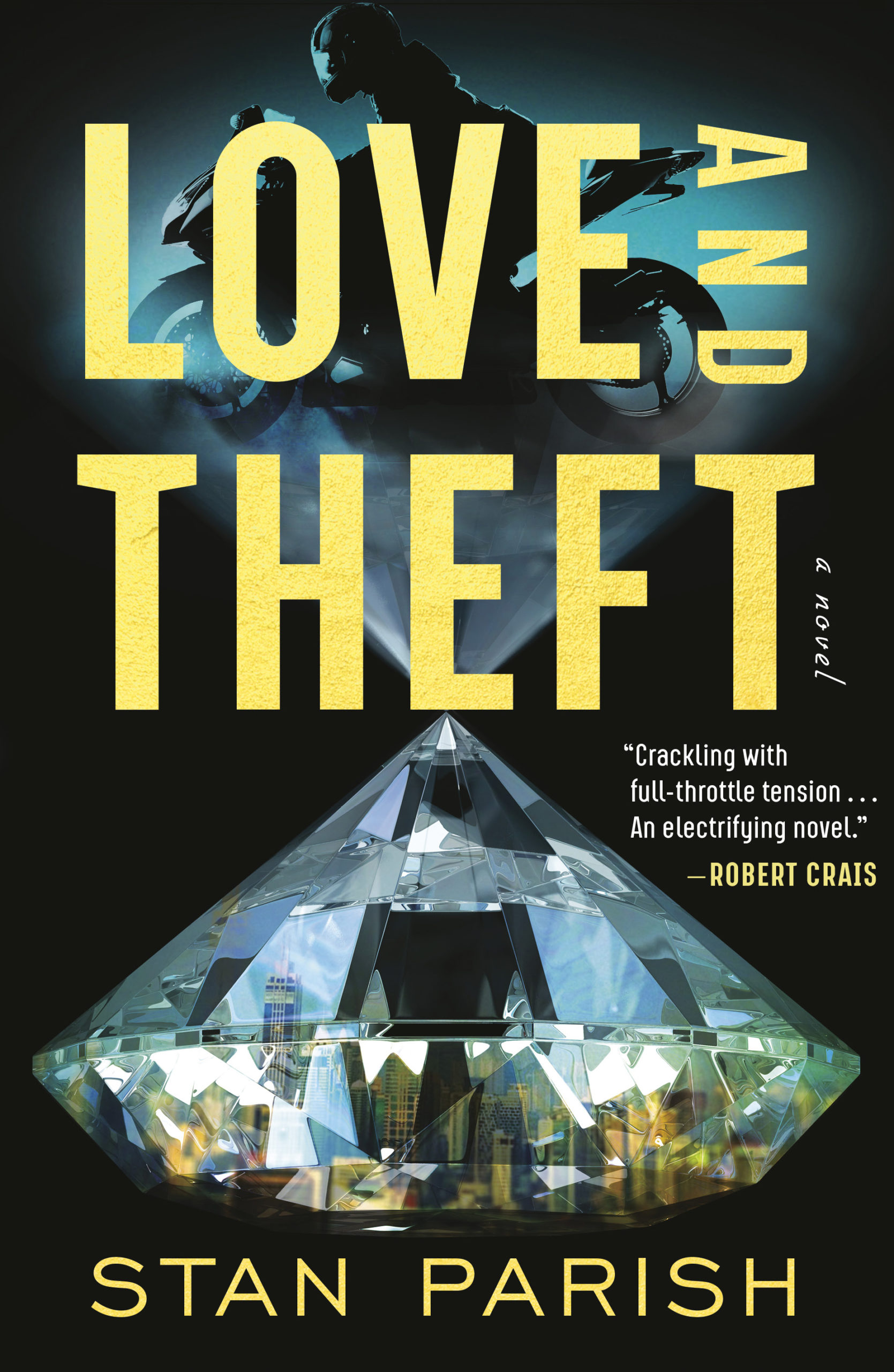
On Thursday, December 9th, we’re planning something special for fiction writers: a fireside chat with Lucinda’s new friend, author Stan Parish. This will be an informative and inspiring conversation for novelists—those who have published before, and those who are looking to break in. Stan is the author of the crime thriller Love and Theft and the coming-of-age drama Down the Shore, and we love his story of finding his dream career in writing fiction (which, as we know, isn’t easy to do!).
BOOK YOUR SPOT NOW FOR SELLING YOUR NOVEL: FIRESIDE CHAT WITH STAN PARISH
Below is a little preview of what Stan and Lucinda will discuss next week.
Q&A with Stan Parish and Lucinda Halpern
You left a very good career to pursue the arts. What convinced you that this was the right path, and what helped you to stick with it when your prospects were unclear?
At a certain point, it felt to me like the only path. If you’re really driven to pursue a career in the arts, there’s a moment when it seems impossible to do anything else, no matter what you’re leaving on the table. For me, it was also a question of bandwidth. There was no way I could run a multi-media brand at The Wall Street Journal and also write novels I was proud of. There are people who juggle both those careers. I salute them. It just wasn’t for me. By the time I left my job in 2019, I had known for a while that writing was what I wanted to do. Once you know something like that, you can either act on it or suffer terrible psychic pain for the rest of your life. One thing that helps me stick with it is something a very smart person once said to me: Success is replicable. There are no guarantees in the arts or anything else, but if you can succeed once, you can probably do it again.
I know our writers will want to hear everything about your publishing journey, including selling the film rights to your book, but first can you tell us how it happened that you found your dream agent, and how you knew she was the one?
I was very fortunate to study writing at Wesleyan with Alexander Chee. In my senior year, he took me to a Christmas party in New York at the home of a young agent named Julie Barer who had recently gone out on her own. I had no idea that Julie was a few years away from literary agent superstardom, but I liked her immediately. She seemed incredibly smart and also thoughtful and kind. I was shocked when she asked to see the novel I had written as my senior thesis. After graduation I spent a year revising the manuscript before showing it to her. She signed me a few months later. Wow, I thought, publishing is easy.
I was wrong.
I then spent three years revising the draft I’d sent Julie while working full time in magazines, writing in the mornings before work and on weekends. Finally, the novel was ready for submission. This should be easier, I thought.
As Philip Roth writes in AMERICAN PASTORAL: “That’s how we know we’re alive: we’re wrong.”
Every editor who read my first novel initially passed. I was devastated. But one of those editors, the legendary Gerry Howard at Doubleday, came very close to buying it and, after passing, took me out to lunch to explain what he thought the novel needed. I spent another two years on that revision. Julie sent the book to Gerry, who passed again. But Julie told me not to give up, that she believed in the book. I spent another six months revising, and the novel ultimately sold to Viking in an auction—almost six years after sent the manuscript to Julie.
All of this is to say: Find an agent you really like, one who believes in you. My second book sold much faster, but there was a long period where I really struggled to get it where I wanted it. Julie has seen me through all kinds of ups and downs, which are inevitable in any career.
You came from something of a literary background, I would say! Can you explain what it was like observing the wild success of your great aunt’s classic series that your father took over in the 90s, and how this drew you to the craft of fiction? What were the positive and negative elements of book publishing, as seen from your vantage point at that time?
Growing up, I had no idea that my Aunt Margaret, a.k.a. Peggy Parish, creator of Amelia Bedelia, was a famous children’s book author. To me she was just my great aunt from South Carolina who would read to me for hours when she came to visit. Aunt Margaret would pause every few pages and ask what I thought about a plot twist or a character’s significant decision. Did I believe that person would do that? she’d ask. Did it even make sense? What would I have done something different? Much later, I realized that she was teaching me to get inside a story, to break it down, to understand the component parts of plot and character. Her questions were an invitation to reimagine what was on the page, which made me think about books in a different way. She passed away when I was very young, but I’m pretty sure she planted some kind of seed in me.
My dad, a former advertising copywriter, took over his aunt’s Amelia Bedelia series when I was in middle school, a few years after she passed away. This may sound strange, but my dad and I have never really talked about the publishing business, which he’s not terribly involved in. His only real contact is his editor at Harper Collins, who was also my great aunt’s editor. We never spoke about my decision to become a writer and we rarely talk about writing—which I’m grateful for. He offered no assistance and no discouragement. I never felt any pressure from him one way or the other. He let me find my own way.
You can check out a longer interview of Stan and Lucinda talking about being entrepreneurs here. And we hope you’ll join us for this new live conversation on fiction writing specifically, where we’ll spend time answering all of your challenges and questions.



